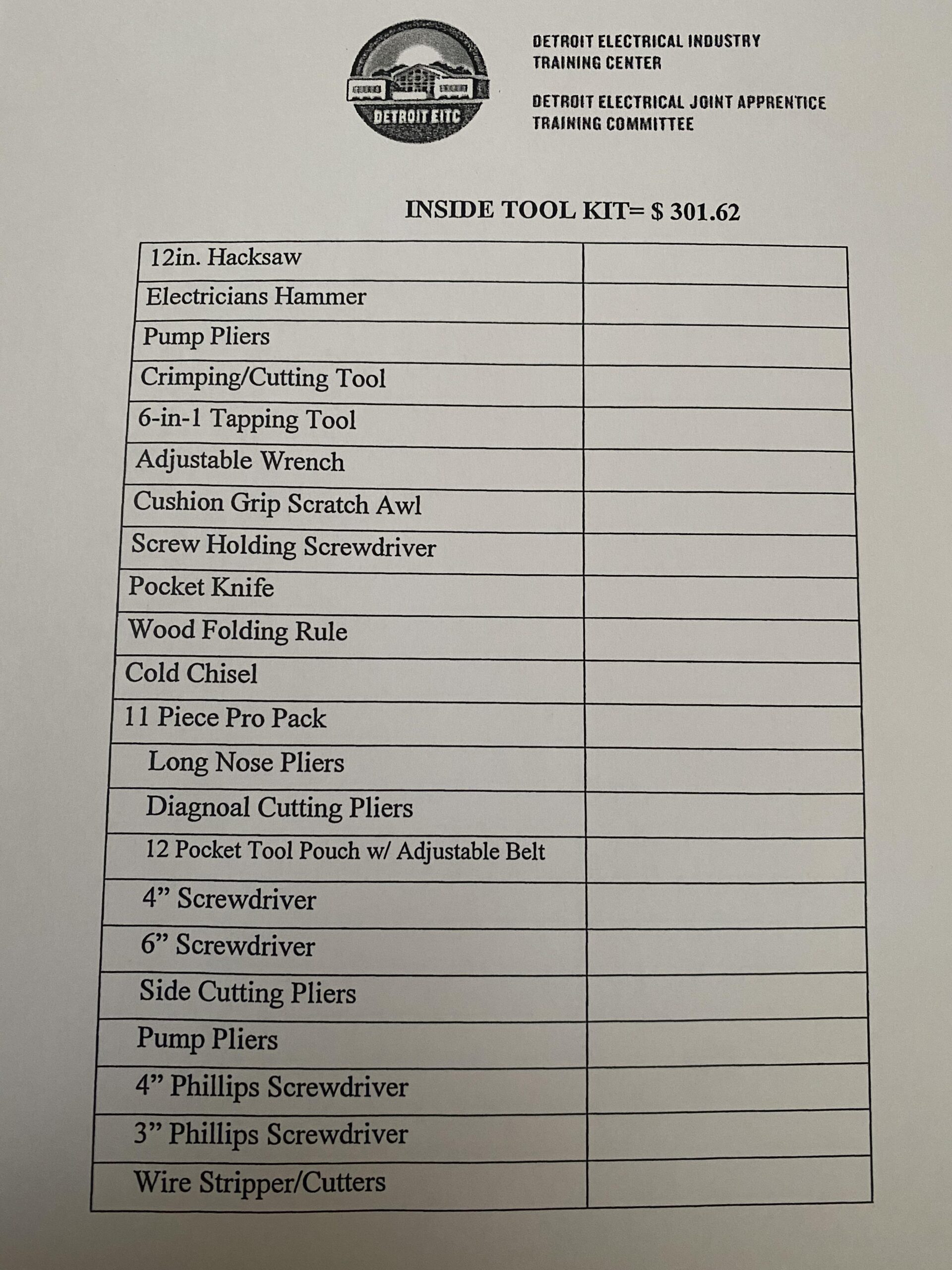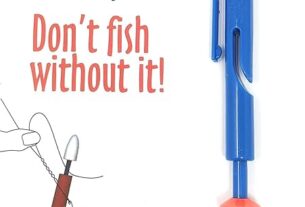Are you an electrician or apprentice looking for the right set of tools to get the job done? Look no further than the IBEW tool list. This comprehensive guide provides everything you need to know about the tools required by the International Brotherhood of Electrical Workers (IBEW) for their apprenticeship programs. From basic hand tools to specialized equipment, this article covers it all.
Introduction
The IBEW is one of the largest electrical unions in North America, with a membership of over 750,000 electricians and other skilled workers. Their apprenticeship programs provide hands-on training and education to those just starting out in the industry. One of the most important aspects of these programs is ensuring that each apprentice has access to the right tools for the job.
In this article, we’ll take a closer look at the IBEW tool list and what it includes. We’ll cover everything from basic hand tools to more specialized equipment, as well as some tips on how to choose the right tools for your needs.
Basic Hand Tools
Every electrician needs a good set of basic hand tools. These include:
1. Screwdrivers – both flathead and Phillips head
2. Pliers – including needle-nose, lineman’s, and side-cutting pliers
3. Wire strippers/cutters – for cutting and stripping electrical wire
4. Tape measure – for measuring distances and lengths
5. Level – for ensuring accuracy when installing fixtures or wiring
6. Hammer – for driving nails or other fasteners
7. Utility knife – for cutting materials like tape or insulation
These are just some of the most essential hand tools that every electrician should have in their toolbox.
Power Tools
In addition to basic hand tools, many electricians also rely on power tools to get the job done quickly and efficiently. Some of the most common power tools used in electrical work include:
1. Drills – for drilling holes and driving screws
2. Saws – including circular saws, reciprocating saws, and jigsaws
3. Grinders – for cutting and shaping metal or other materials
4. Sanders – for smoothing rough surfaces
5. Impact drivers – for driving screws quickly and easily
While power tools can be expensive, they can also save you a lot of time and effort on the job.
Specialized Equipment
Depending on your specific area of expertise, you may also need some specialized equipment to get the job done right. Some examples of these types of tools include:
1. Conduit benders – for bending electrical conduit into the correct shape
2. Cable pullers – for pulling cable through conduit or other tight spaces
3. Megohmmeters – for testing insulation resistance
4. Circuit tracers – for identifying which circuit a particular wire is connected to
These types of tools are often more expensive than basic hand tools or even power tools, but they can be essential for certain types of electrical work.
Choosing the Right Tools
With so many different types of tools available, it can be overwhelming to try to choose the right ones for your needs. Here are a few tips to keep in mind when selecting tools:
1. Consider your budget – while it’s important to invest in high-quality tools that will last, you also need to be mindful of your budget.
2. Think about your specific needs – what type of electrical work do you specialize in? Make sure you choose tools that are appropriate for your area of expertise.
3. Read reviews and get recommendations – before making a purchase, do some research online to read reviews from other electricians or apprentices.
Conclusion
Whether you’re just starting out as an apprentice or have been working as an electrician for years, having access to the right tools is essential for getting the job done right. The IBEW tool list provides a comprehensive guide to the tools required for their apprenticeship programs, including basic hand tools, power tools, and specialized equipment.
By investing in high-quality tools and taking the time to choose the right ones for your needs, you can ensure that you’re always prepared to tackle any electrical job that comes your way.
Wiki Reference: International Brotherhood of Electrical Workers (IBEW). (n.d.). In Wikipedia. Retrieved August 9, 2021, from https://en.wikipedia.org/wiki/International_Brotherhood_of_Electrical_Workers




